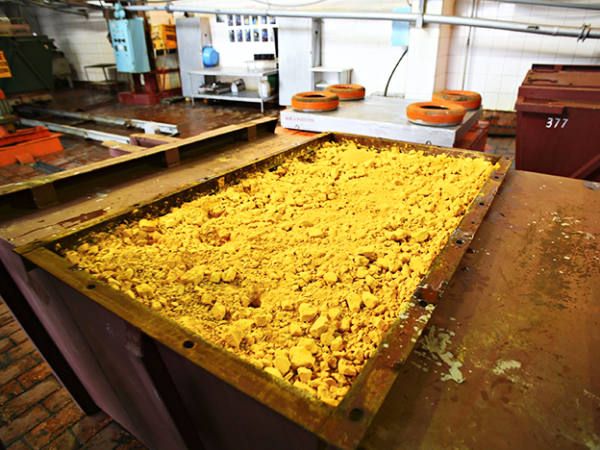- Demand from housebuilders to remain 'buouyant'
- Home improvement market set to flatten as project costs increase
The boom experienced in the demand for building materials in the wake of pandemic-induced lockdowns looks set to slow this year, according to a trade body.
The Construction Products Association (CPA) expects industry output to grow by 4.3 per cent this year, compared with an estimated 13.3 per cent hike experienced in 2021. Growth for 2023 is predicted to slow further, to 2.5 per cent.
Increased spending on infrastructure will be the main growth driver, with output forecast to grow 9.7 per cent this year. The housebuilding sector is also expected to remain “buoyant”, growing at 3 per cent this year after a 17 per cent jump last year, the CPA said.
But demand in the home improvement market is set to flatten after 18 months of elevated activity. The sector also experienced growth of 17 per cent last year, but higher inflation expectations and the increasing cost of renovation projects will make customers more cautious, it added.
Supply chain challenges could also limit growth, with smaller, specialist subcontractors more likely to suffer materials and labour shortages than the industry’s bigger players.
“Major housebuilders and main contractors are less affected as they have better visibility of medium-term demand and can plan and purchase well in advance,” said Noble Francis, the CPA’s economics director.
“Smaller firms, however, have found that availability issues have delayed projects and, consequently, revenue streams, while sharp cost increases have hit margin, harming their viability even though they have strong workloads.”
Momentum in the construction sector slowed in December but remained solidly in positive territory, purchasing managers’ survey data showed earlier this month. Construction companies reported higher levels of new work for the 19th month in succession and the number of firms reporting supplier delays fell to 34 per cent, compared with 47 per cent in November.
"The worst phase of supplier delays seems to have passed," said Tim Moore, director of data supplier IHS Markit.











